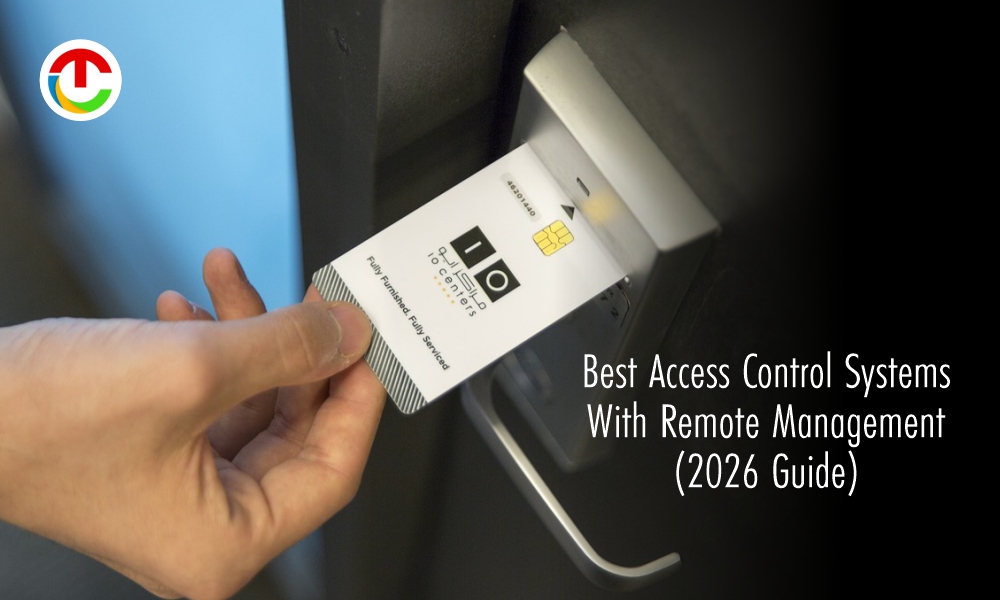The global healthcare sector has been witnessing seismic shifts since the pandemic. People have started taking health issues seriously. In the Arab world, the diverse populations and growing healthcare needs have compelled to opening of doors for digital innovation. The challenges like quality, efficiency, and accessibility. Mobile applications in telemedicine and artificial intelligence are leveraged to address the new digital challenges. The Saudi Vision 2030 aligns with the strategic national initiatives that focus on the digitalization of healthcare to improve service delivery and patient outcomes.
Shaping the Future of Healthcare
The Arab world has long recognized the need to strengthen healthcare infrastructure. With populations growing and life expectancy increasing, demand for efficient, affordable, and accessible care continues to rise. In response, nations are embedding digital innovation into their health strategies, leveraging technology to improve both delivery and outcomes.
From national e-health platforms in Saudi Arabia and the UAE to telemedicine networks in Egypt and Jordan, the region is building the foundation of a smart healthcare ecosystem. These efforts align with broader economic diversification agendas such as Saudi Vision 2030 and UAE Vision 2031, which position healthcare as both a social priority and a driver of sustainable growth.
Key Drivers of Digital Transformation
Several factors have accelerated the adoption of digital technologies in healthcare across the Arab world:
National health ministries are channeling significant resources into telehealth, artificial intelligence, and big data analytics to strengthen public health systems.
Today’s patients expect convenience and personalized experiences, which technologies such as mobile health apps and wearable devices can provide.
Collaborations with leading international firms bring advanced expertise to the region, ensuring access to the latest digital solutions.
At the center of these drivers is digital innovation, which bridges policy, technology, and patient care.
Transformative Technologies Taking Charge
The deployment of artificial intelligence (AI) in diagnostics, predictive analytics for public health, and blockchain for medical record security are just a few examples of how digital innovation is making an impact. Hospitals across the GCC are implementing AI-assisted imaging tools that reduce diagnosis time and improve accuracy. Meanwhile, mobile applications are empowering patients to monitor chronic conditions, book appointments, and access their medical histories in real time.
Telemedicine has also gained unprecedented momentum, particularly after the COVID-19 pandemic underscored the need for remote care. Platforms now connect patients to doctors seamlessly, breaking down geographical barriers and making specialized expertise more accessible across urban and rural areas alike.
The Role of Data and AI
Big data analytics and AI are enabling healthcare providers to move from reactive to proactive care models. By analyzing health records, lifestyle factors, and population trends, providers can predict outbreaks, design preventive strategies, and personalize treatment plans. This data-driven approach, powered by digital innovation, is not only improving patient outcomes but also reducing healthcare costs.
Moreover, governments are beginning to explore national health data repositories that will allow for integrated research and policymaking. These databases, when managed securely and ethically, will position the Arab world as a leader in health research and digital policymaking.
Challenges to Overcome
Despite significant progress, challenges remain. Data privacy and cybersecurity are critical concerns, as the digitization of sensitive medical information demands strong safeguards. Additionally, workforce readiness is a barrier; healthcare professionals must be trained not only in medical practice but also in the use of advanced digital tools.
Infrastructure gaps, particularly in rural areas, also hinder equitable access to digital healthcare solutions. Closing this digital divide will be essential to ensuring that digital innovation benefits all citizens, not just those in major urban centers.
Establishing Trust and Collaboration
For digital transformation to succeed, trust must be at the core. Patients need confidence that their data is secure, and healthcare providers must trust the reliability of the technologies they adopt. Transparent policies, international standards, and cross-sector collaborations will be vital in building this trust.
Equally important is regional collaboration. By sharing expertise, resources, and best practices, Arab nations can accelerate their collective journey toward digital health leadership. Organizations such as the Arab Health Congress are already serving as key platforms for knowledge exchange and cooperation.
Conclusion
The future of healthcare in the Arab world is bright, powered by a vision that blends tradition with modernity. Digital innovation will continue to drive this transformation, enabling smarter hospitals, more personalized care, and healthier societies. With strong leadership, sustained investment, and a commitment to inclusivity, the Arab region can position itself as a global benchmark in digital health.
In the years to come, the Arab world’s healthcare systems will not only meet the needs of their populations but also inspire global models of resilience, efficiency, and patient empowerment. This journey of digital transformation underscores a simple yet profound truth: when technology and humanity converge, healthcare becomes not only more effective but also more compassionate.




